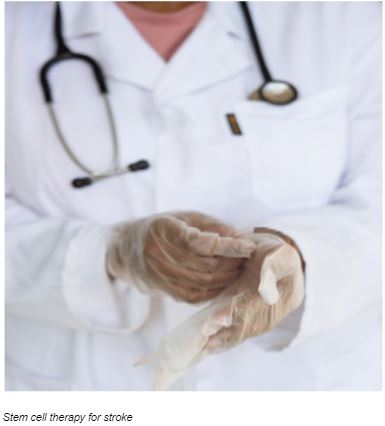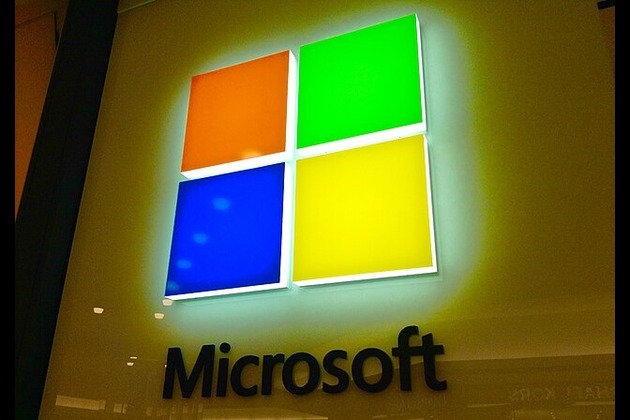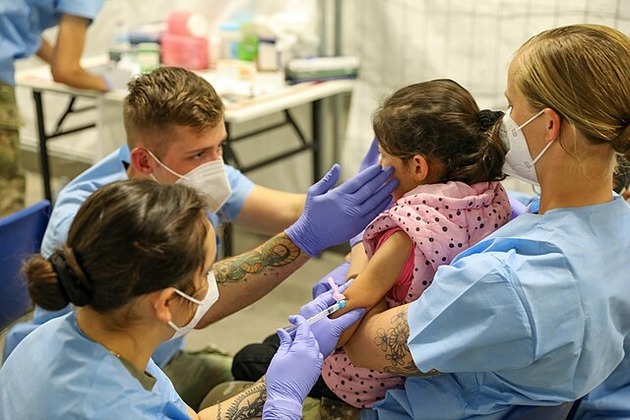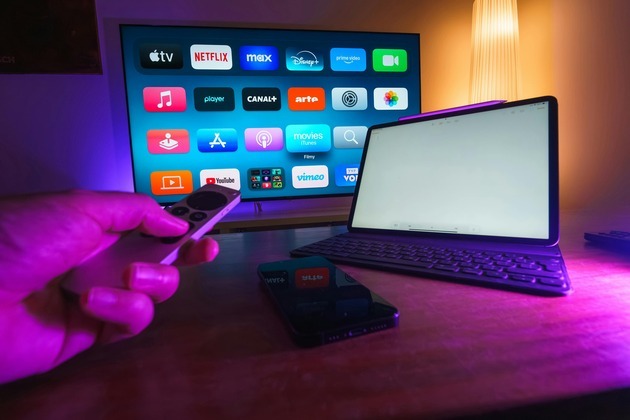Stem Cell Therapy for Stroke: Is It Safe?
7Newswire
30 Jun 2022, 12:12 GMT+10

After cancer, stroke is the second leading cause of morbidity and mortality in Europe. Stroke occurs when the blood flow to a portion of the brain is abruptly blocked, usually resulting in life-threatening repercussions.
The brain loses millions of neurons in a matter of minutes following a stroke. Cognitive, sensory, and motor functions can all be negatively affected, which can lead to the neurological consequences requiring long-term rehabilitation. With a variety of therapeutic options available presently, could stem cell therapy be a viable way out of this condition?
In this article, we present a brief review of the application of stem cells for stroke, how it works, its efficacy, safety, possible side effects, and additional essential information.
What are stem cells?
Stem cells (SCs) are a class of special cells that have the ability to adapt to their surroundings and develop into a variety of distinct cell types. This intrinsic ability of SCs make them suitable for restoring damage caused by several diseases, including neurological disorders such as strokes.
In theory, if SCs are administered to a patient with post-stroke condition, they will aid in the regeneration and healing process in the damaged parts of the brain following a stroke.
Stem cell therapy for stroke: how it works

Neurological functioning can be restored with cell-based therapies which help repair or replace cells that have been damaged or have died. Stem cell therapy for stroke is a minimally invasive procedure in which SCs are transplanted into the bloodstream or into the spinal cord, from where they are then sent to the compromised regions within the brain.
Stem cells were initially thought to be able to penetrate and replace dead brain cells following a stroke. However, it's now well-known that SCs do not actually transform into brain cells. Instead, they stimulate the release of potent growth factors and chemicals that aid in the body's own healing mechanisms, including the formation of new synapses between neurons and blood vessels, as well as play a significant role in fortifying the immune system.
In a nutshell, stem cell therapy for stroke entails the transformation of an adult brain into a newborn or child's brain, which is far more capable of repairing itself after damage due to the high concentration of this type of cells.
Therapeutic effects of stem cell therapy in stroke
Therapy based on SCs can produce several therapeutic effects that complement one another.
With additional rehabilitation, stem cell treatment for stroke may improve the neurological deficits and activities of daily living in post-stroke patients.
Is stem cell therapy safe?
Stem cell treatment for stroke has been shown to be safe and has very few side effects in several research and clinical trials. However, suitable cell delivery procedures must be followed by the physician. Patients should also be tested and consulted to evaluate if they qualify for stem cell therapy because not everyone is.
Are there side effects in stem cell therapy?
Patients who undergo transplantation of SCs may experience short-term fever lasting several hours and sometimes mild fatigue lasting about a week. There are no more issues to be concerned about as no other symptoms have been reported or discovered.
Can the body reject stem cells?
Mesenchymal stem cells (MSCs) obtained from the patient's tissue or from donated sources such as cord tissue or the placenta do not pose a danger of rejection in the human body. These are young and undifferentiated cells that enjoy innate immunity as they've not yet been 'claimed' by the body. In addition, there are no blood components connection, which eliminates the need for a compatible donor in stem cell therapy for ischemic stroke.
What's the cost of stem cell therapy for stroke?
To give you some perspective, stem cell treatments for other parts of the body, such as the knee in arthritis, typically cost between $3,000 and $7,000. These are local injections with no need to stay at the clinic. In a post-stroke condition, long-term rehabilitation is required. This may include not only cell-based product administration, but other therapies as well. So, you should expect the cost of stem cell therapy for stroke to be several times higher since providing comprehensive in-patient treatment.
What's the healing period for this therapy?
A patient's recovery speed is unpredictable, and it is difficult to forecast how long it will take. Therapy works differently for each patient. Generally, to see effects, stem cells may take weeks or months to begin working.
Summary
Stem cell therapy for stroke holds great promise for the bulk of people suffering from this condition globally. Stem cell transplantation has been shown to promote stroke recovery in multiple studies and clinical investigations.
Positive therapeutic effects of this treatment include:
- improved survival of nerve cells;
- activation of regenerative processes in damaged areas;
- reduction of local inflammation;
- improvement of local blood circulation due to the growth of new vessels.
In turn, this allows to restore lost functions and enhance the effects of other therapies as part of rehabilitation in post-stroke conditions, improving the quality of patients' lives.
Have you ever tried this kind of therapy? Or do you know someone who benefited from stem cell therapy in managing post-stroke symptoms? Please, let us know.
Disclaimer
This article does not push using stem cell therapy like any other treatment method. Each case is unique, and a patient has to consult with expert doctors to make a decision specifically in his or her medical condition.
 Share
Share
 Tweet
Tweet
 Share
Share
 Flip
Flip
 Email
Email
Watch latest videos
Subscribe and Follow
Get a daily dose of Oakland Times news through our daily email, its complimentary and keeps you fully up to date with world and business news as well.
News RELEASES
Publish news of your business, community or sports group, personnel appointments, major event and more by submitting a news release to Oakland Times.
More InformationUnited States
SectionAI saves $500 million for Microsoft as layoffs reshape strategy
REDMOND, Washington: Artificial intelligence is transforming Microsoft's bottom line. The company saved over US$500 million last year...
CDC: US records 1,288 measles cases, most since 1992 outbreak
ATLANTA, Georgia: The United States is facing its worst measles outbreak in more than three decades, with 1,288 confirmed cases so...
FTC’s rule to ease subscription cancellations struck down by court
WASHINGTON, D.C.: A federal rule designed to make it easier for Americans to cancel subscriptions has been blocked by a U.S. appeals...
Ex-UK PM Sunak takes advisory role at Goldman Sachs
NEW YORK CITY, New York: Former British prime minister Rishi Sunak will return to Goldman Sachs in an advisory role, the Wall Street...
Travelers can now keep shoes on at TSA checkpoints
WASHINGTON, D.C.: Travelers at U.S. airports will no longer need to remove their shoes during security screenings, Department of Homeland...
Gold ETF inflows hit 5-year high as tariffs drive safe-haven bets
LONDON, U.K.: Physically backed gold exchange-traded funds recorded their most significant semi-annual inflow since the first half...
International
SectionCDC: US records 1,288 measles cases, most since 1992 outbreak
ATLANTA, Georgia: The United States is facing its worst measles outbreak in more than three decades, with 1,288 confirmed cases so...
Gaza War sucking life out of an Israeli generation
In the past month alone, 23 Israeli soldiers have been killed in Gaza—three more than the number of remaining living hostages held...
Faulty IT system at heart of UK Post Office scandal, says report
LONDON, U.K.: At least 13 people are believed to have taken their own lives as a result of the U.K.'s Post Office scandal, in which...
Travelers can now keep shoes on at TSA checkpoints
WASHINGTON, D.C.: Travelers at U.S. airports will no longer need to remove their shoes during security screenings, Department of Homeland...
Rubio impersonator used AI to reach officials via Signal: cable
WASHINGTON, D.C.: An elaborate impersonation scheme involving artificial intelligence targeted senior U.S. and foreign officials in...
Warsaw responds to migration pressure with new border controls
SLUBICE, Poland: Poland reinstated border controls with Germany and Lithuania on July 7, following Germany's earlier reintroduction...











